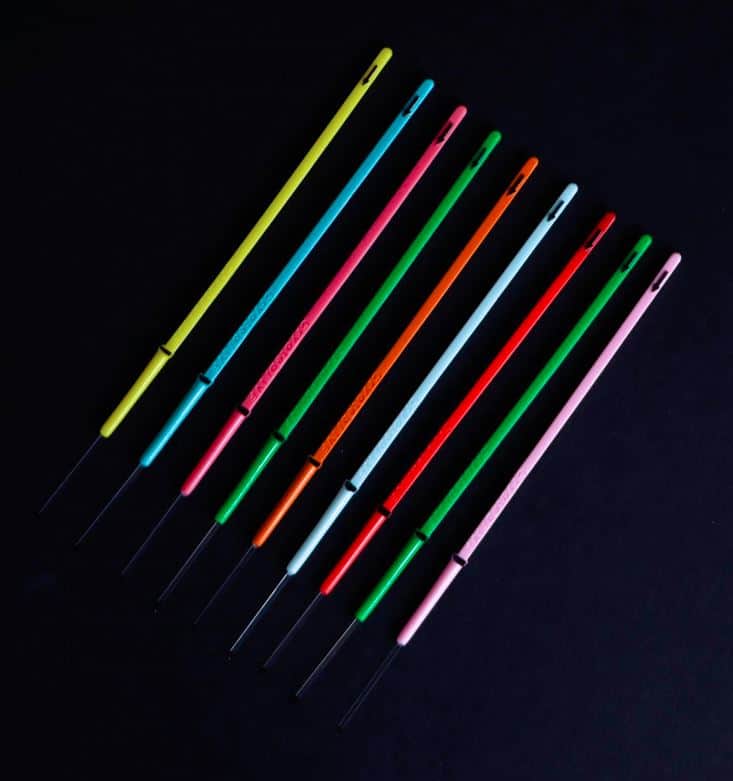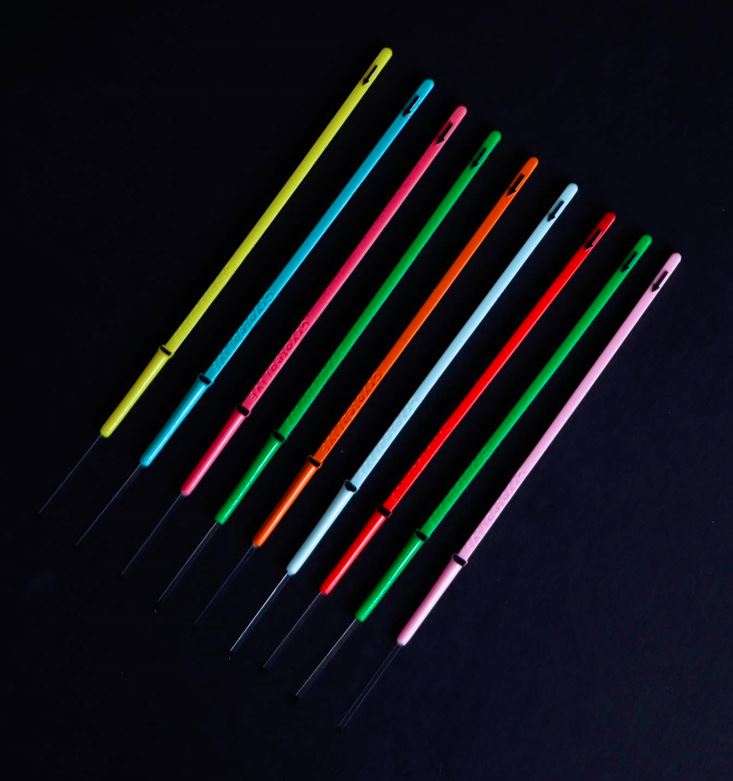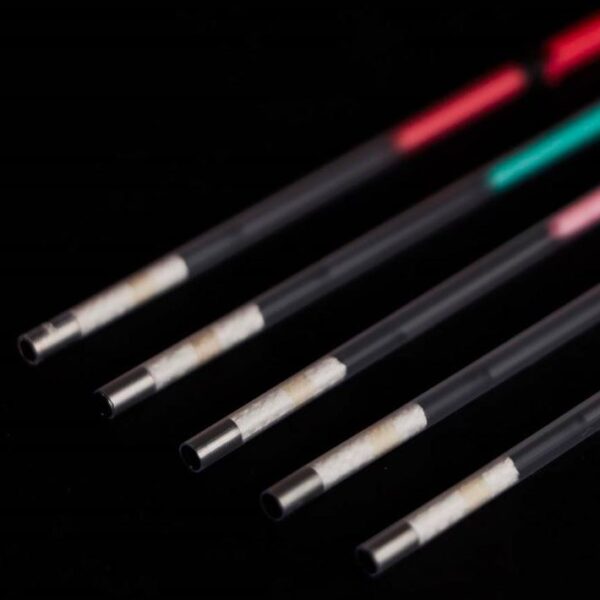Vitrification straw ( Cryoteb)
Long handle model
The word “vitrification” comes from the Latin term for glass, vitrum.
In the context of freezing eggs and embryos, vitrification is the process of freezing so rapidly that that the water molecules don’t have time to form ice crystals, and instead instantaneously solidify into a glass-like structure. Invitro fertilization rate depend on vitrification methods and techniques a lot.
Vitrification is a method in which not only cells but also the whole solution is solidified without the crystallization of ice. The vitrification method has advantages over the slow freezing method.
Injuries related to ice is less likely to occur, embryo survival is more likely if the embryo treatment is optimized, and embryos can be cryopreserved by a simple method in a short time and cost effective without a programed freezer.
Cryopreservation of human oocytes and embryos or blastocyts is an important choice in assisted reproductive treatment that leads to an increased cumulative outcome while decreasing other attempts’ costs.
In long handle model, more space to write exist.
Quality control test
Mouse embryo assay (MEA) ≥ 85
Endotoxin ≤ 0.5 EU/device
SAL (Sterility Assurance Level)
Irritation test – non-irritate
Cytotoxicity – non cytotoxic
shelf life
3 years according to ASTMF1980
Catalogue




Reviews
There are no reviews yet.